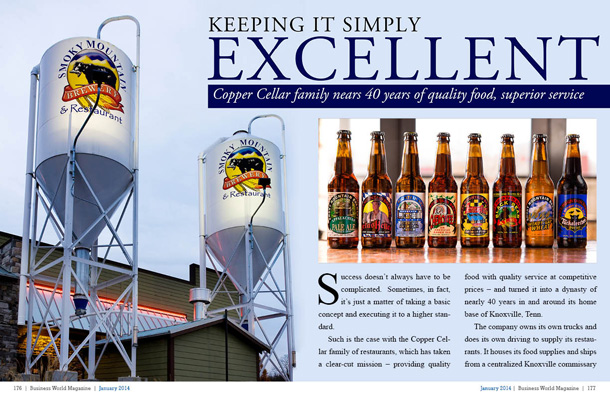Thousands of quiches and cakes were sold in British supermarkets over Christmas, which contained eggs contaminated by dioxins.
The dioxins, which have the potential to cause cancer, originated in Germany and have raised fresh questions about British food labelling and this country’s reliance on food imports.
Fourteen tons of the contaminated liquid egg – large vats of de-shelled eggs bought by caterers and manufacturers – entered Britain last month. The liquid egg was bought by two leading food companies which supply supermarkets: Samworth Brothers, who own Gingsters pasties, and Finsbury Foods, the country’s biggest cake maker.
Both companies refused to give details of which quiches and cakes were affected or how many, but both Tesco and Morrisons confirmed that they had sold products which contained the contaminated eggs.
Sainsbury’s said its children’s Caterpillar Cake was also potentially affected.
Any remaining products were been pulled from the shelves on Friday, though the Food Standards Agency said it could not rule out other manufacturers buying contaminated eggs.
The Food Standards Agency explained that there was no risk at all to human health. The contaminated eggs had been mixed with normal eggs before being processed, diluting the effect of the dioxins. And the eggs themselves only made up a small proportion of the processed foods that ended up on supermarkets shelves.
Dioxins are chemicals formed by industrial processes and waste burning. They have been shown to contribute to higher cancer rates and affect pregnant women, but need to be consumed in large quantities over a sustained period of time to have an effect.
However, questions have been raised at how the contaminated eggs entered the British food chain and why Britain imported 2.37 million eggs during 2009. This compares with 8.85 million produced in Britain.
The Food and Drink Federation said that most manufacturers used imported eggs because they were cheaper and The Netherlands was able to supply industrial quantities when there was a seasonal demand for Christmas food.
The British egg industry, however, claimed that cheap imported eggs came at a price.
Andrew Parker, Chairman of the British Egg Industry Council, said: “While there have been a number of instances of dioxin contamination in eggs and egg products across the EU over the past decade, the requirements of the Lion Code have meant that there have been no such cases in British Lion eggs or egg products.”
He said that if supermarkets insisted their suppliers used British eggs, with the Lion stamp which guaranteed the poultry feed was checked, there would never have been a problem.
The food industry has resisted attempts by the Coalition government to introduce mandatory country-of-origin labelling, which could possibly allow consumers to see if their products contained eggs from Germany.
Instead, they have promised to adopt a voluntary code of practice, which will give details as the to the origin of meat, but not other key ingredients.
The scandal has caused considerable disruption in Germany, where poultry feed contaminated by toxic dioxins was sent to more than 1,000 poultry and pig farms in Germany.
The dioxin was discovered in late December but the extent of the problem was only revealed this week when German officials said 3,000 tonnes of feed were affected.
Germany has stopped more than 4,700 farms selling their meat and eggs as a result of the scare.
Source: www.telegraph.co.uk







